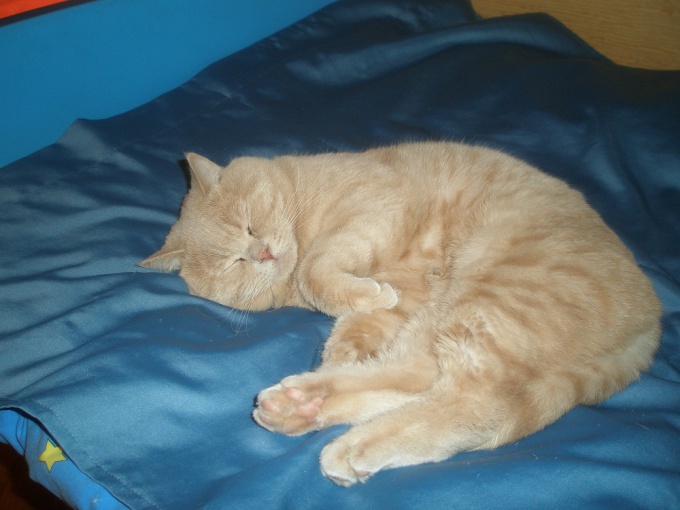First and foremost, you need to pay attention to the symptoms that precede diseases of urinary system. Animal long sits in the tray to urinate but cannot, or urine comes out in small portions. In severe cases in the urine may be blood or crystalline impurities. The cat becomes lethargic and may begin to vomit and your business she prefers to do not the tray, and in any place. The most critical condition is when a cat cannot urinate. In this case the animal must be immediately taken to veterinary clinic.
The vet's you should offer to do an ultrasound to rule out kidney disease. Most often, such symptoms indicate kidney stones (ICD) and cystitis. On ultrasound, you will see that the bladder is sand, which interferes with the normal flow of urine. For quick relief of the state of the cat they'll give him a shot of antibiotics and antispasmodic. If state of the animal does not involve inpatient treatment, you will go home and give a treatment plan.
The vet (the pet store) purchase medication Stop cystitis". This medicine is based on herbs, which should give the cat twice a day. There purchase antibiotic "Amoxicillin" that you will need to chop the cat intramuscularly. In a regular pharmacy to purchase the drugs for injection "Papaverine" and "Etamsilat, syringes, 5ml. All the dosages and treatment should appoint a doctor, based on the weight of the animal and its condition.
During treatment, the cat need to rethink his diet. It is especially necessary to monitor fluid intake. Normal cat should drink 40ml of water per 1 kg of body weight. If the animal consumes less, it is possible to pour the liquid into the mouth with a special syringe. If the disease you fed the cat dry food, switch to wet food in Paducah. Or cook your cooked chicken with vegetables and cereals (carrots, rice).
After a course of injections again make IZZY the cat and give a urine sample. If the indicators are normal, the doctor will cancel the treatment and prescribe preventive nutrition. This is usually a special dry food for cats with ICD.




